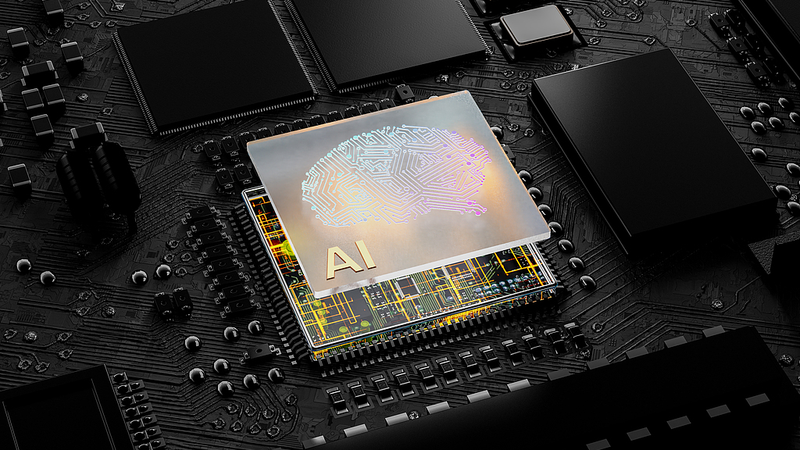In early March, the U.S. Department of Commerce released a sweeping directive: any use of Huawei's Ascend AI chips "anywhere in the world" could breach U.S. export controls. This move sharpens Washington's strategy to limit advanced semiconductor tech from reaching Huawei – and lays bare deeper anxieties about global AI dominance.
Visa-free for innovation or a chokehold? NVIDIA CEO Jensen Huang weighed in last month at a Washington tech summit, saying the Chinese mainland is "not behind" the U.S. in AI and calling development an "infinite race." His comments echo a broader industry push: at a recent congressional hearing, leaders from OpenAI, Microsoft, and Advanced Micro Devices urged lawmakers to simplify rules for AI projects and fundraising to stay competitive.
Yet the new guidance marks a turn from the pulled-back "AI Diffusion Rule" of early 2024. It illustrates both the reach – and the limits – of extraterritorial enforcement. Persuading sovereign nations to toe U.S. export laws poses diplomatic hurdles and risks hampering global R&D.
At the Ministry of Foreign Affairs of the Chinese mainland, spokesperson Lin Jian blasted the policy as politicizing trade and technology, warning it "hinders global semiconductor growth" and could "backfire on the U.S. itself."
Meanwhile, Huawei doubles down on its path to self-sufficiency. Sanctioned since 2019, the company has advanced its chip lineup steadily. Sources tell the Wall Street Journal that Huawei's new Ascend 910D processor is poised to rival – or even surpass – the performance of NVIDIA's flagship H100 chip.
As battlegrounds shift from boardrooms to policy chambers, one question looms: does Washington aim to contain competition, or spur a faster pace of global innovation?
Reference(s):
cgtn.com




